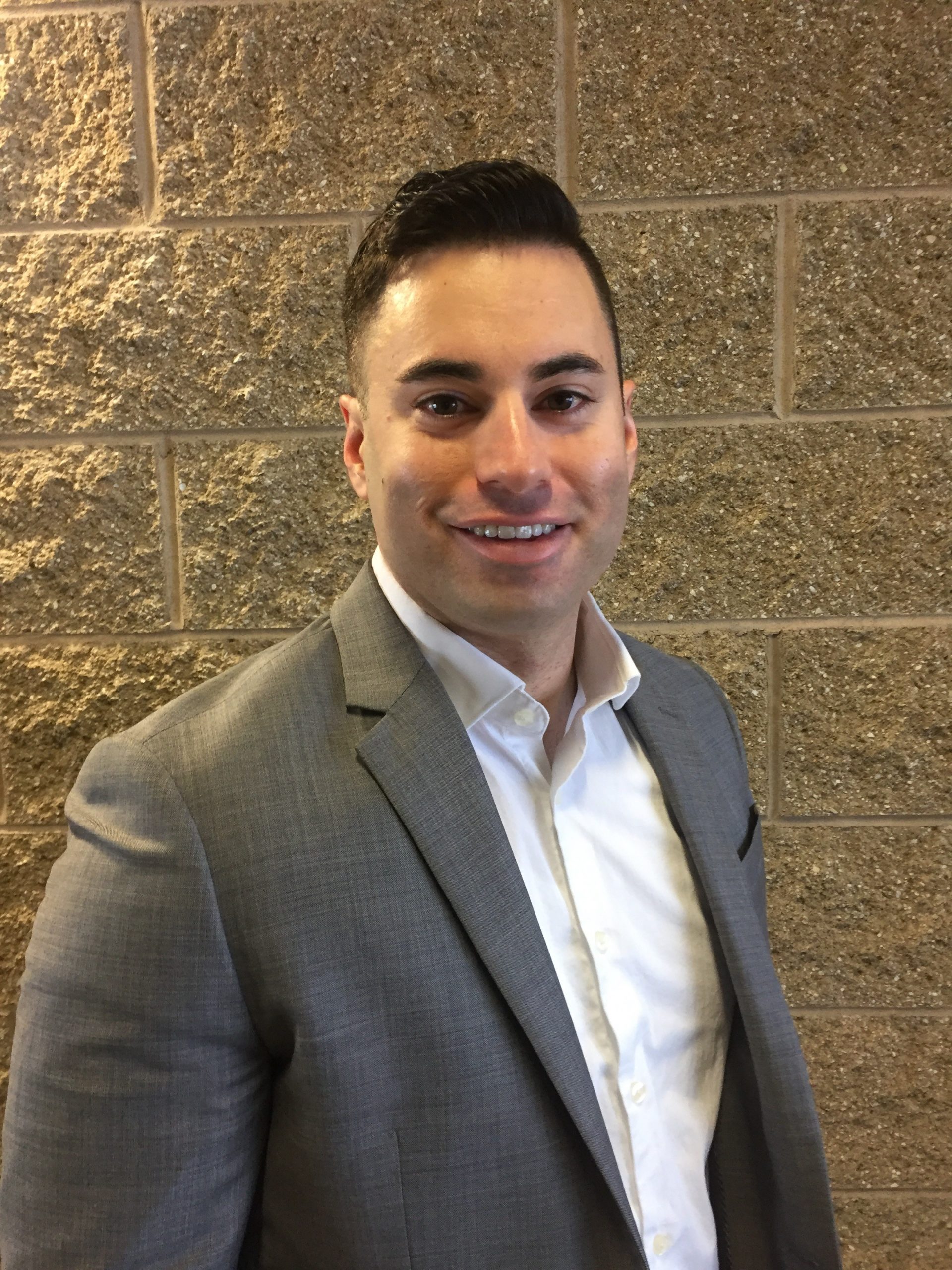In the world of addiction treatment, effective marketing serves as a bridge between people who are struggling with substance use disorders (SUDs) and the treatment providers that can help them. In order for these specialized services to reach them, these companies must first use various digital marketing strategies.
Central to this effort is the need for clear, empathetic messaging that resonates with those who are dealing with addiction as well as their loved ones. Such messaging should not only highlight the availability of treatment options but also convey a sense of hope, understanding, and non-judgmental support.
By addressing common fears and uncertainties surrounding addiction treatment, effective marketing campaigns can reduce stigma. They can even encourage individuals to seek the help that they need without hesitation.
In today’s digital age, leveraging online platforms and targeted advertising can significantly amplify outreach efforts. Utilizing search engine optimization (SEO), social media campaigns, and content marketing can help treatment providers reach their target audience.
At the same time, patients who are actively seeking help or researching options for themselves or others can easily find accurate information online. This strategic use of digital marketing allows treatment centers to connect with a broader audience, provide educational resources, and establish credibility in a competitive landscape.
In this article, we will take a look at the various aspects of addiction treatment marketing jobs, exploring the roles and the impact of marketing in this critical field.
The Role of Marketing in Addiction Treatment
Marketing in addiction treatment is not just about promoting services; it’s about creating awareness, building trust, and providing hope to those struggling with addiction. Marketing professionals in this field work to:
Raise Awareness
Marketing plays a critical role in addiction treatment by raising awareness about available resources and breaking down the stigma associated with addiction and rehab. This is necessary because to this day, stigma remains one of the biggest obstacles preventing people from receiving treatment. They do not pursue treatment due to their fear, shame, and guilt.
But effective marketing campaigns can educate the public on many important aspects of addiction and the treatment process. People could learn about the signs and symptoms of addiction, the importance of early intervention, and the variety of treatment options available.
By leveraging digital platforms, social media, and traditional media channels, these campaigns can reach a broad audience, including those who may not actively seek help but could benefit from it.
Additionally, personalized and targeted marketing efforts can address specific demographics. This ensures that information and resources are accessible to those who need them most. With enough information about treatment services, your target audience is more likely to engage. Ultimately, treatment centers will be able to help more people.
Build Trust
Digital marketing is also important for addiction treatment facilities because it allows them to build trust. These marketing strategies can build a stronger relationship between treatment centers and those who are in need of help. Most people will not go to a rehab center they do not trust.
Effective marketing strategies focus on transparency, empathy, and education. All of these are essential when it comes to creating a trustworthy relationship with potential patients.
Treatment centers can alleviate common fears and misconceptions about addiction treatment by sharing success stories and offering detailed information about the treatment methods they use. This helps demonstrate a genuine commitment to patient well-being.
Using clear, honest communication and avoiding stigmatizing language further fosters a supportive environment. Treatment centers can start by not referring to their patients as “addicts” as it has a negative connotation. It paints a negative image that reinforces the idea that addiction is a moral failing rather than a chronic medical condition that affects the brain.
Marketing that prioritizes trust-building can lead to increased engagement and better outcomes for those struggling with addiction.
Engage Audiences
Raising awareness and building trust are both meant to encourage people to engage with the treatment facility. Marketing efforts can raise awareness and promote available services.
Through targeted campaigns, marketers can disseminate crucial information about substance use disorder, the importance of seeking help, and the various treatment options available. In this digital age, we now have plenty of channels to choose from such as social media, email newsletters, etc. It’s all a matter of figuring out where your target audience is spending time online.
With the right message delivered through the right channel, rehab centers can reach a broader audience, including those directly affected by addiction. This strategic approach not only helps in connecting people with the help they need but also fosters a supportive community that understands the complex journey to recovery.
Drive Enrollment
Marketing using various digital channels helps drive enrollment and ensure that individuals in need are aware of available services. Effective marketing strategies can increase visibility, accessibility, and appeal of treatment programs.
Marketers can mix digital marketing with other efforts such as community outreach and educational campaigns to reach a wider audience and destigmatize treatment. Personalized content, testimonials, and success stories can resonate with potential clients and their families, encouraging them to take the first step towards recovery.
Key Positions in Addiction Treatment Marketing
In addiction treatment marketing, several key positions play important roles in promoting services, supporting individuals struggling with addiction, and ensuring effective outreach and engagement strategies. Here are some of the most important addiction treatment marketing jobs:
Marketing Coordinator
In addiction treatment, a marketing coordinator helps connect treatment centers with their potential clients. This position involves developing and executing marketing strategies that effectively communicate the center’s services and unique value propositions.
The coordinator is responsible for creating and distributing engaging content across various platforms, managing social media presence, and coordinating events that promote awareness and outreach.
Additionally, they analyze market trends, track the performance of marketing campaigns, and adjust strategies accordingly to ensure the maximum reach and impact. By maintaining a strong online and offline presence, the marketing coordinator helps the treatment center connect with those in need, fostering a supportive community and driving admissions.
Digital Marketing Specialist
A digital marketing specialist helps addiction treatment centers enhance their visibility and outreach. This position involves crafting and executing comprehensive digital marketing strategies to attract those who are actively seeking help for their drug or alcohol addiction.
The specialist is responsible for managing various digital channels, including social media, search engine optimization, content marketing, email campaigns, and pay-per-click (PPC) advertising.
By analyzing web traffic, user engagement, and conversion rates, the digital marketing specialist can refine strategies to improve engagement and outcomes. They also collaborate with content creators to ensure that all messaging is compassionate, accurate, and aligns with the center’s mission to provide support and healing. This role demands a deep understanding of both digital marketing trends and the unique sensitivities required in addiction treatment. Their goal is to reach and assist as many individuals as possible in their recovery journey.
Content Marketer
A content marketer helps shape the public’s perception and understanding of addiction. This is important because of the pervasive stigma that the addiction treatment industry constantly battles in order to reach their patients.
Content marketers are responsible for creating, curating, and distributing high-quality, informative, and engaging content. They create content that resonates with those who are seeking help, whether it’s the addicted individual or their families.
Their content can range from blog posts and articles to videos and social media updates. They aim to provide valuable insights, educate the audience about treatment options, and build trust in the treatment facility.
By leveraging SEO strategies, the content marketer ensures that their content reaches a wider audience. It’s all part of their mission to provide the right resources and support before clients even decide to go to rehab.
Content marketers may collaborate with clinical experts to ensure the accuracy and relevance of the information they share online. This is important for positioning the facility as a knowledgeable and compassionate leader in the field of addiction treatment.
Marketing Manager
Marketing managers in the addiction treatment industry promote the center’s services, building its reputation and reaching people who are in need of help. This position is all about developing and implementing comprehensive marketing strategies to reach these goals.
They may be responsible for a wide range of tasks including digital marketing, content creation, social media engagement, and traditional advertising.
The marketing manager collaborates closely with clinical staff to ensure that promotional messages are accurate, compassionate, and aligned with the center’s mission. They analyze market trends, track the performance of marketing campaigns, and adjust strategies to maximize outreach and impact.
Effective communication skills, creativity, and an understanding of the addiction treatment landscape are essential for success in this role. It’s a job that requires both empathy and business acumen to connect with potential clients and their families.
Community Outreach Coordinator
When it comes to addiction treatment marketing, community outreach coordinators play an essential role. They help connect treatment facilities with the communities they serve.
This position involves developing and implementing outreach programs aimed at raising awareness about addiction treatment options and the various services that are available. The community outreach coordinator works closely with local organizations, healthcare providers, and community leaders to build strong relationships and foster trust.
They organize events, workshops, and informational sessions to educate the public about addiction. Not only that, they also promote prevention strategies, encouraging the community to avoid substance abuse.
For those who are already struggling with addiction, a community outreach coordinator can help highlight the benefits of seeking treatment.
On top of their responsibilities, they also collect and analyze data to assess the effectiveness of their outreach efforts. They use this information to continuously improve their strategies. If they do their job right, they can significantly enhance community engagement.
Through their efforts, they can bridge the gap between those in need and the vital services that can aid in their recovery journey.
Essential Skills for Success
Effective addiction treatment marketing relies on these key positions working in tandem to create comprehensive, compassionate, and informative outreach strategies that resonate with both individuals seeking help and the broader community supporting them.
Here are some essential skills for those who are working in addiction treatment marketing:
- Empathy and Compassion: Understanding the challenges faced by people dealing with addiction and their families is crucial.
- Ethical Understanding: A strong grasp of ethical considerations in healthcare marketing, especially regarding sensitive topics like addiction.
- Knowledge of Addiction: Familiarity with the nature of addiction, treatment methods, and the recovery process helps in creating accurate and helpful messaging.
- Communication Skills: Clear and empathetic communication with both clients and their families is necessary.
- Marketing Expertise: Knowledge of digital marketing strategies, content creation, and advertising to effectively reach and engage target audiences.
- Cultural Sensitivity: Awareness of diverse cultural perspectives and how they impact perceptions of addiction and treatment.
- Collaboration and Networking: Building relationships with treatment providers, community organizations, and healthcare professionals to enhance referral networks.
- Regulatory Awareness: Understanding legal and regulatory guidelines in healthcare marketing to ensure compliance.
- Persistence and Patience: Addiction recovery is often a long process, requiring ongoing support and persistence in messaging and outreach efforts.
- Analytical Skills: Ability to measure and analyze marketing campaigns’ effectiveness in reaching and engaging people who are seeking addiction treatment.
These qualities and skills contribute to effectively marketing addiction treatment services while prioritizing the well-being and recovery of patients and families affected by addiction.
Work with MasterMindSEO
Addiction treatment marketing jobs are more than just roles in a company; they are vital positions that help save lives. Professionals in this field have the opportunity to make a meaningful difference, using their skills to connect those in need with the support and treatment they deserve.
As the addiction treatment landscape continues to evolve, the demand for compassionate, skilled marketing professionals will only grow, offering a fulfilling and impactful career path.
Because digital marketing has become an indispensable tool for addiction treatment centers, it is important to work with a company you trust.
Keep in mind that addiction treatment digital marketing is more than just getting clicks and traffic. It’s about giving valuable information to people in need and encouraging them to take that first step towards long-term recovery.
By prioritizing ethical practices, building trust through education and support, and leveraging technology responsibly, addiction treatment facilities can make a meaningful impact in the lives of those struggling with addiction.
MasterMindSEO has experience in performing digital marketing campaigns for e-commerce, national, regional and local businesses. Email or call and we will be happy to see how we can help your center get more leads and help more patients!
Ready to take your addiction treatment SEO to the next level? Want to rank your detox center on Google Maps? Let MasterMindSEO help you.
[button color=”undefined” hover_text_color_override=”undefined” url=”https://bookme.name/MasterMindDBS” text=”Get More Admits!” color_override=””]

